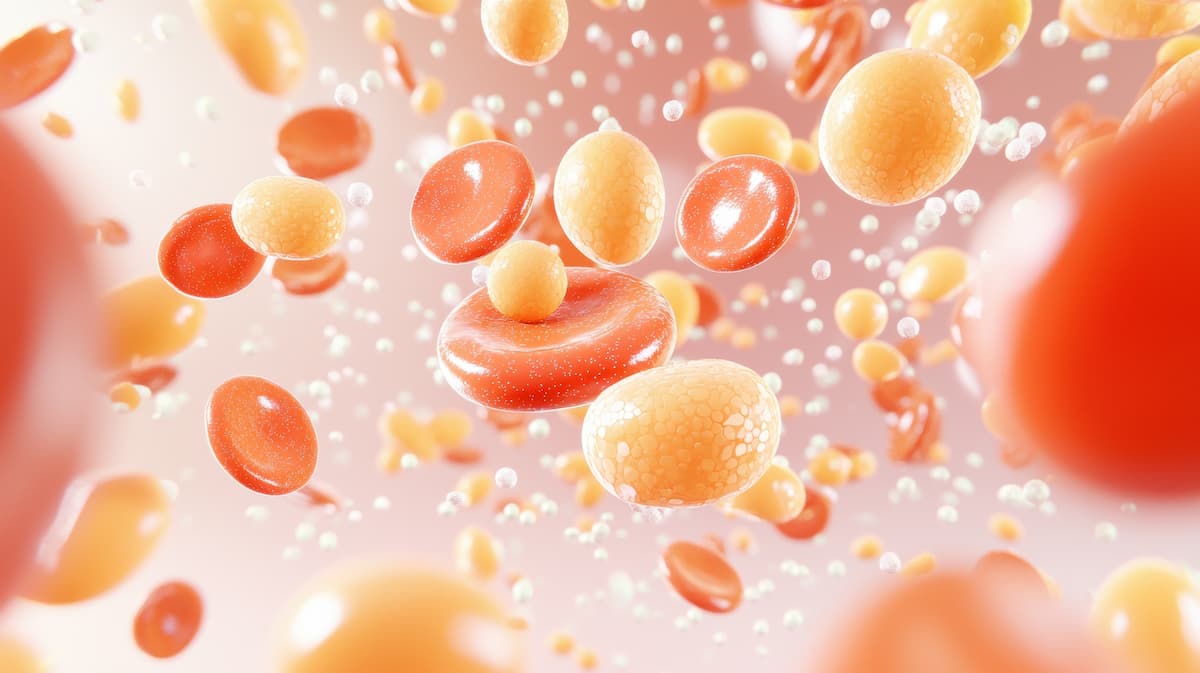Article
Moderna Bivalent COVID-19 Booster Candidate Meets Clinical Trial Objectives
Author(s):
The booster vaccine candidate includes mutations found in the Beta variant of concern, several of which have been persistent in more recent variants such as the Omicron variant.
The first bivalent COVID-19 booster candidate from Moderna, mRNA-1273.211, demonstrated superior neutralizing titers compared to the mRNA-1273 vaccine against all variants of concern, including Omicron, according to a new clinical update.
The booster vaccine candidate includes mutations found in the Beta variant of concern, several of which have been persistent in more recent variants, such as the Omicron variant. According to researchers, a 50-µg booster dose of the vaccine demonstrated superiority against the Beta, Delta, and Omicron variants of concern 1 month after vaccination, with superiority continuing 6 months after administration for the Beta and Omicron variants of concern.
Furthermore, the 50-µg booster dose with mRNA-1273.211 was generally well tolerated with a reactogenicity profile comparable to a 50-µg dose of the mRNA-1273 vaccine.
“We are pleased with these data for our first bivalent booster candidate, mRNA-1273.211,” said Stephane Bancel, CEO of Moderna, in a press release. “We believe that these results validate our bivalent strategy, which we announced and began pursuing in February 2021. The results indicate that mRNA-1273.211 at the 50-µg dose level induced higher antibody responses than the 50-µg mRNA-1273 booster, even when additional variants of concern were not included in the booster vaccine.”
Moderna is developing updated booster candidates to address SARS-CoV-2 as it continues to evolve, including monovalent and bivalent candidates targeting multiple variants of concern. Researchers’ primary focus has been on the bivalent booster approach to maintain high neutralizing antibody titers while improving breadth of immunity to variants.
Moderna has multiple bivalent booster candidates that have been evaluated to date:
- The mRNA-1273.211 candidate has 9 spike protein mutations and is based on the Beta variant. It also has 4 mutations present in the Omicron variant of concern.
- The mRNA-1273.214 candidate has 32 spike protein mutations and is based on the Omicron variant. It also has 32 mutations present in the Omicron variant of concern.
The superior immunogenicity criteria for mRNA-1273.211 met the company’s objectives for its modified, bivalent booster candidates. There was a 2.20-fold and 2.15-fold increase in the neutralizing antibody titers against the Omicron variant with the mRNA-1273.211 booster dose compared to the mRNA-1273 booster dose at 1 month and 6 months, respectively.
The booster candidate was generally well tolerated in 300 study participants who received the 50-µg dose and 595 participants who received the 100-µg dose of the vaccine candidate. The 50-µg booster dose had a similar incidence of solicited adverse reactions and unsolicited adverse reactions as did the authorized mRNA-1273 booster.
Taken together, these results indicate that mRNA-1273.211 at the 50-µg dose level induced higher antibody responses than the 50-µg mRNA-1273 booster, even when the variants were not included in the booster vaccine, according to Moderna. This prototype and Moderna’s Omicron booster vaccine candidate (mRNA-1273.214) are currently being evaluated in a phase 2/3 study, with initial data on mRNA-1273.214 expected in the second quarter of 2022.
REFERENCE
Moderna Announces Clinical Update on Bivalent COVID-19 Booster Platform. News release. Moderna; April 19, 2022. Accessed April 21, 2022. https://investors.modernatx.com/news/news-details/2022/Moderna-Announces-Clinical-Update-on-Bivalent-COVID-19-Booster-Platform/default.aspx
Newsletter
Stay informed on drug updates, treatment guidelines, and pharmacy practice trends—subscribe to Pharmacy Times for weekly clinical insights.






